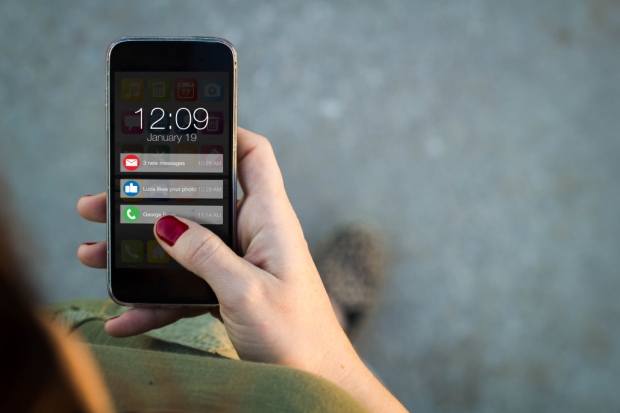For the last 10 years, news feeds have been the main way — the mainstream user interface — to discover interesting and relevant digital content. Today, news feeds, from Facebook and Twitter to LinkedIn, Instagram and Pinterest, are surfacing the interesting news and moments from your social network and favorite sources.

This is about to change. The push notifications on the lock screen of your personal mobile device are turning your lock screen into the new news feed. The lock screen is thus becoming the pivotal interface to access and experience any of the updates and content that you consider to be worth noticing.
Therefore, your lock screen and your mobile device, not the apps, become the nexus for all the personal data flows, feeding machine learning algorithms soon running also on your personal hardware.
This is a fundamental change. It will change the way your digital experience is personalized. It will change the way AI systems can learn from you. And it will change the power balance between the big industry behemoths such as Facebook, Google and Apple.
![The History of Chatbots [INFOGRAPHIC]](https://futurism.com/wp-content/uploads/2016/07/Homepage-Thumbnail-14.jpg)